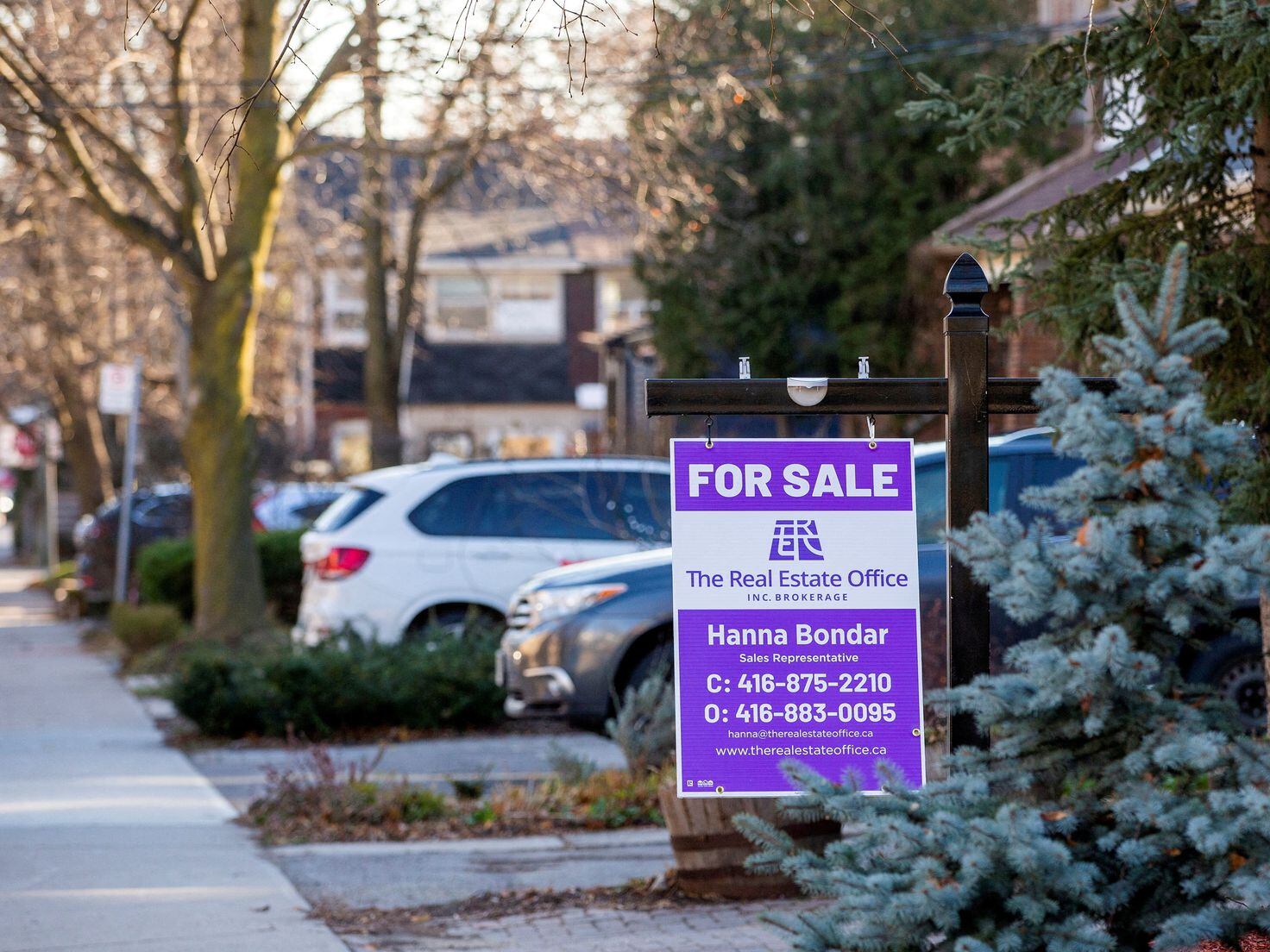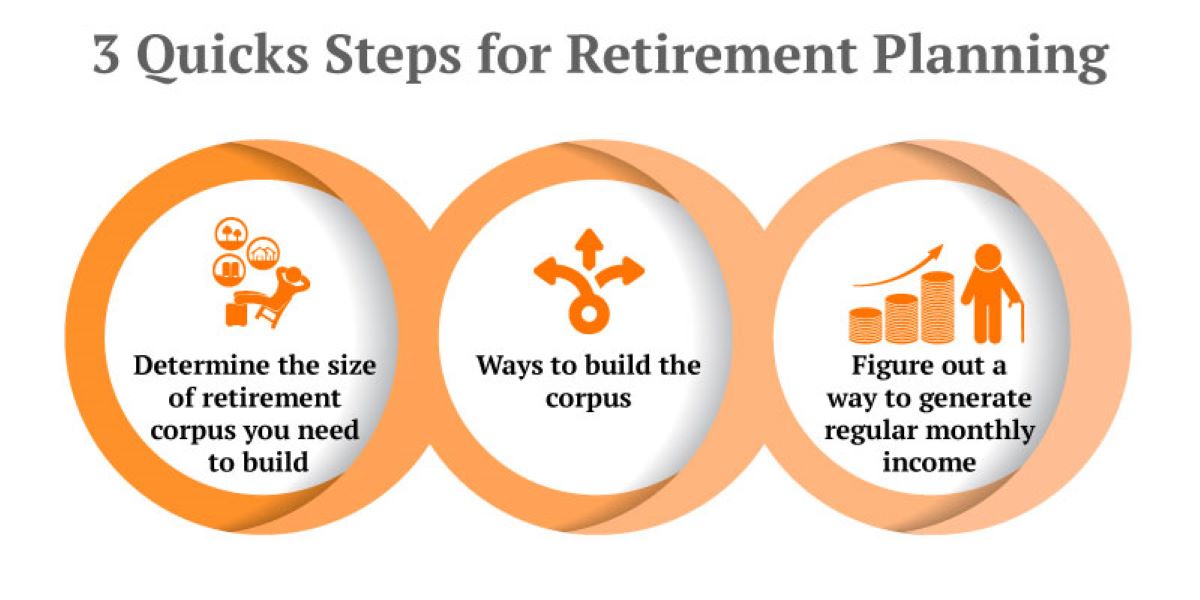Home>Finance>How Long Of A Grace Period Do I Have To Pay Mortgage?


Finance
How Long Of A Grace Period Do I Have To Pay Mortgage?
Published: February 20, 2024
Learn about the grace period for mortgage payments and how it impacts your finances. Understand the options and implications to manage your mortgage effectively.
(Many of the links in this article redirect to a specific reviewed product. Your purchase of these products through affiliate links helps to generate commission for LiveWell, at no extra cost. Learn more)
Table of Contents
Introduction
Purchasing a home is a significant milestone in one's life, often accompanied by the responsibility of making regular mortgage payments. While the due date for these payments is typically set at the beginning of each month, many lenders offer a grace period to allow borrowers some flexibility in meeting this financial obligation. Understanding the dynamics of grace periods for mortgage payments is crucial for homeowners, as it can impact their financial well-being and credit standing.
During this grace period, borrowers have the opportunity to submit their mortgage payment without incurring late fees or facing negative consequences. However, it's essential to comprehend the specifics of this grace period, including its duration and any associated conditions. By gaining insight into these aspects, homeowners can effectively manage their finances and navigate the intricacies of mortgage payments.
In the subsequent sections, we will delve into the intricacies of grace periods for mortgage payments, exploring the factors that influence their duration and the potential repercussions of late payments. Additionally, we will provide valuable tips on leveraging grace periods to maintain financial stability and safeguard one's credit score. By gaining a comprehensive understanding of these elements, homeowners can navigate the realm of mortgage payments with confidence and ease.
Understanding Grace Periods for Mortgage Payments
A grace period for mortgage payments refers to the additional time granted by lenders beyond the due date for borrowers to make their payment without incurring penalties. This period typically ranges from 5 to 15 days, during which homeowners can submit their payment without facing late fees or adverse credit reporting. It’s important to note that the specifics of the grace period may vary depending on the terms outlined in the mortgage agreement.
During the grace period, the payment is considered timely, and no negative repercussions are incurred. This leniency provides borrowers with a window of flexibility, acknowledging that unforeseen circumstances or logistical challenges may arise when making monthly payments. However, it’s crucial for homeowners to be aware of the exact duration of the grace period specified in their mortgage agreement to avoid any potential misunderstandings or financial setbacks.
Furthermore, understanding the terms and conditions associated with the grace period is essential. Some lenders may stipulate that payments made during the grace period are still subject to accruing interest from the original due date. Therefore, while late fees may be avoided, borrowers could still incur additional interest charges by utilizing the grace period. This underscores the importance of comprehending the nuances of the grace period to make informed decisions regarding the timing of mortgage payments.
By grasping the concept of grace periods for mortgage payments and the associated terms, homeowners can navigate their financial responsibilities with greater confidence. This understanding empowers borrowers to leverage the grace period effectively, ensuring timely payments while mitigating the risk of financial penalties.
Factors Affecting Grace Periods
The duration of the grace period for mortgage payments is influenced by several key factors, each playing a significant role in shaping the terms of this leniency. Understanding these factors is essential for homeowners seeking to optimize their financial planning and meet their mortgage obligations effectively.
- Lender Policies: The specific policies of the lending institution significantly impact the length of the grace period. Different lenders may offer varying durations, typically ranging from 5 to 15 days. It’s imperative for borrowers to familiarize themselves with their lender’s policies to align their payment schedule accordingly.
- Mortgage Agreement Terms: The terms outlined in the mortgage agreement directly dictate the details of the grace period. It’s essential for homeowners to review this document carefully, as it specifies the exact duration of the grace period and any associated conditions, such as the accrual of interest during this period.
- State Regulations: State laws and regulations can also influence the grace period for mortgage payments. Some states may have specific guidelines regarding grace periods, and lenders operating within these jurisdictions must adhere to the prescribed regulations.
- Loan Type: The type of mortgage loan can impact the grace period. For instance, government-backed loans such as FHA or VA loans may have standardized grace period requirements, whereas conventional loans may offer more flexibility based on the lender’s discretion.
- Payment History: A borrower’s track record of timely payments can influence the leniency offered by the lender. Those with a history of consistent on-time payments may find that their lender is more accommodating during unforeseen circumstances, potentially extending additional leeway during challenging periods.
By considering these factors, homeowners can gain a comprehensive understanding of the dynamics shaping the grace period for mortgage payments. This knowledge equips borrowers with the insights needed to navigate their financial responsibilities adeptly, ensuring that they leverage the grace period effectively while adhering to the terms established by their lender and mortgage agreement.
Consequences of Late Mortgage Payments
Late mortgage payments can have significant repercussions, impacting both the financial standing and creditworthiness of homeowners. It’s crucial for borrowers to be aware of these consequences to avoid potential pitfalls and safeguard their long-term financial well-being.
- Accrual of Late Fees: One of the immediate consequences of late mortgage payments is the imposition of late fees by the lender. These fees can further strain the homeowner’s finances, adding to the overall cost of homeownership.
- Impact on Credit Score: Late payments are reported to credit bureaus and can adversely affect the borrower’s credit score. A lower credit score can hinder future borrowing opportunities and lead to higher interest rates on loans and credit cards.
- Risk of Default: Persistent late payments can elevate the risk of loan default, potentially leading to foreclosure proceedings. This jeopardizes the homeowner’s ownership of the property and can have far-reaching implications for their financial stability.
- Lender Communication: Late payments may prompt increased communication from the lender, including collection calls and notices. This can create added stress for homeowners and disrupt their peace of mind.
- Loss of Good Standing: Consistent late payments can erode the borrower’s standing with the lender, impacting future interactions and negotiations related to the mortgage.
By understanding the potential consequences of late mortgage payments, homeowners are better equipped to prioritize timely payment and explore avenues to mitigate financial challenges. Leveraging the grace period effectively and seeking proactive solutions in the event of financial constraints can help homeowners avoid these adverse outcomes, fostering long-term financial stability and peace of mind.
How to Take Advantage of Grace Periods
Effectively leveraging the grace period for mortgage payments can empower homeowners to manage their finances prudently and navigate unexpected challenges. By adopting strategic approaches, borrowers can maximize the benefits offered during this leniency, ensuring financial stability and peace of mind.
- Financial Planning: Utilize the grace period to align mortgage payments with your overall financial planning. This additional time can be leveraged to manage cash flow and prioritize essential expenses before submitting the mortgage payment.
- Emergency Preparedness: View the grace period as a buffer for unforeseen emergencies or financial disruptions. Having this extra time can provide a crucial safety net, allowing homeowners to address unexpected expenses without risking late fees or penalties.
- Communication with Lender: In cases where meeting the original due date poses challenges, proactive communication with the lender can be beneficial. Explaining the situation and exploring options can lead to potential accommodations or alternative arrangements, mitigating the impact of financial constraints.
- Interest Optimization: For borrowers seeking to optimize interest payments, strategic timing within the grace period can be advantageous. By understanding the implications of interest accrual during this period, homeowners can make informed decisions to minimize additional costs.
- Continuous Monitoring: Regularly monitoring the grace period and payment due dates is essential for effective financial management. This proactive approach ensures that payments are submitted within the specified timeframe, avoiding late fees and preserving a positive payment history.
By embracing these strategies, homeowners can harness the benefits of the grace period to fortify their financial resilience and navigate the dynamics of mortgage payments adeptly. This proactive approach enables borrowers to maintain financial stability, mitigate potential challenges, and optimize their overall financial well-being.
Conclusion
Understanding the intricacies of grace periods for mortgage payments is essential for homeowners, offering a valuable opportunity to manage their financial responsibilities effectively. By comprehending the factors influencing grace periods and the potential consequences of late payments, borrowers can navigate their mortgage obligations with confidence and foresight.
The grace period serves as a vital tool for financial planning, providing homeowners with a window of flexibility to address unforeseen challenges and optimize their payment strategy. By leveraging this leniency strategically, borrowers can align their mortgage payments with their overall financial planning, mitigating the risk of late fees and adverse credit reporting.
Furthermore, proactive communication with the lender and continuous monitoring of payment due dates are key components of effective grace period utilization. This approach empowers homeowners to address financial constraints proactively and explore potential accommodations, fostering a collaborative relationship with the lender while safeguarding their financial well-being.
Ultimately, the grace period for mortgage payments represents a valuable resource for homeowners, offering a balance between financial responsibility and flexibility. By embracing strategic financial planning and proactive communication, borrowers can harness the benefits of the grace period, ensuring timely payments while fortifying their long-term financial stability.
As homeowners navigate the realm of mortgage payments, a comprehensive understanding of grace periods empowers them to navigate challenges, optimize their financial strategy, and uphold their financial well-being with resilience and foresight.














